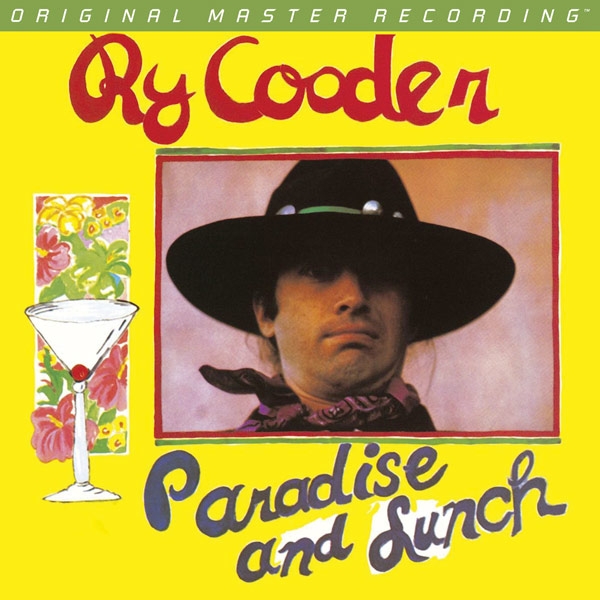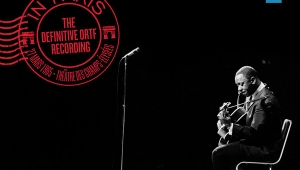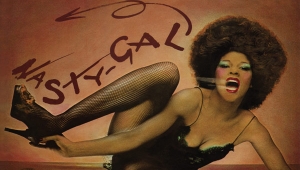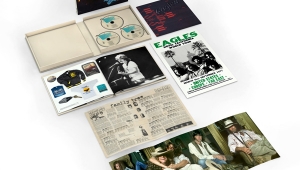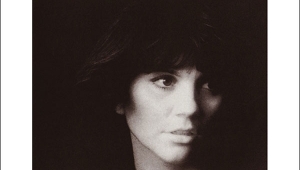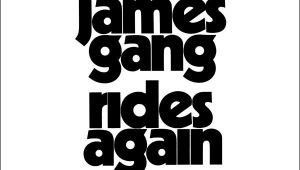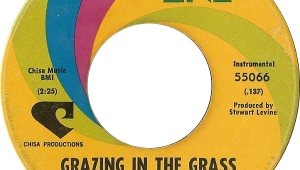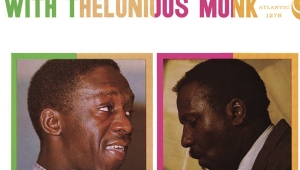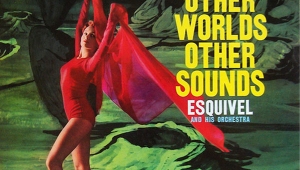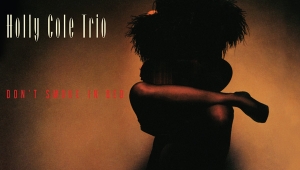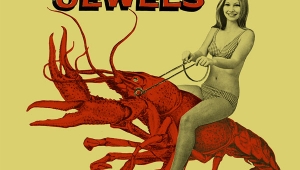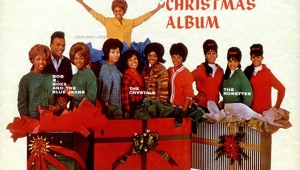| Columns Retired Columns & Blogs |
While I have all of Ry Cooder's CDs, and this is perhaps my second favorite of all, I vote for "Bop Till You Drop" as the best of all.
On that album, he digs up and improves on a bunch of classic R & B sides from the likes of Arthur Alexander etc. from the 1950s (some of which were pretty obscure in their day).
The vocals and instrumental arrangements are superb.
"Down in Hollywood" is an absolute hoot; the story of a dude who goes for a night on Hollywood Boulevard and finds out he shouldn't have.
"Look at Granny Run Run" is a crazy song about when Grandpa's doctor gives him a brand new pill (sounds like Viagra, but at least 20 years too early...1950s, remember) and Grandma isn't going along with the program...rofl.
Every track on this one is a winner!
